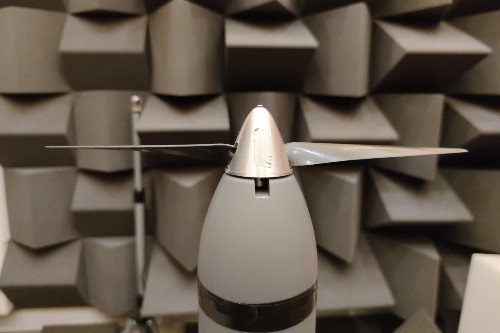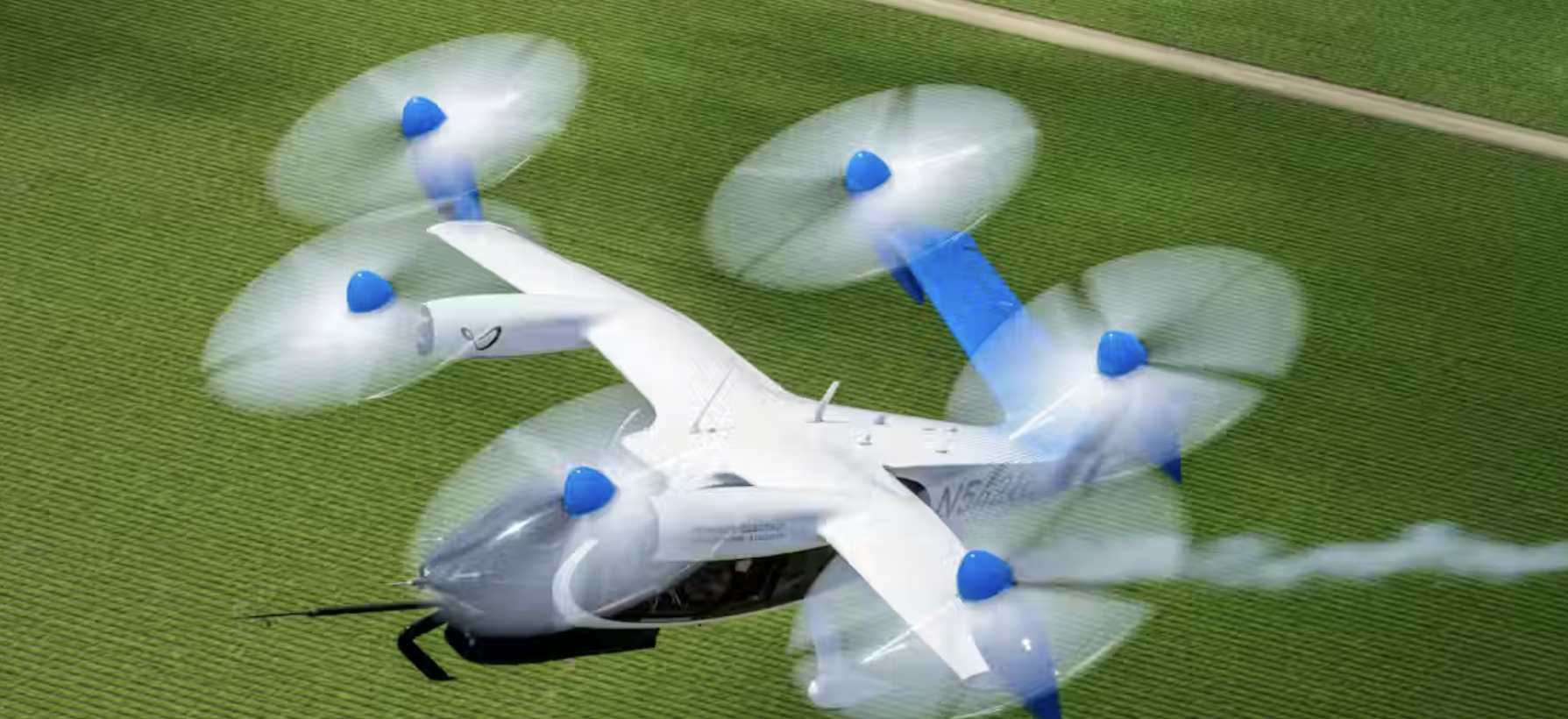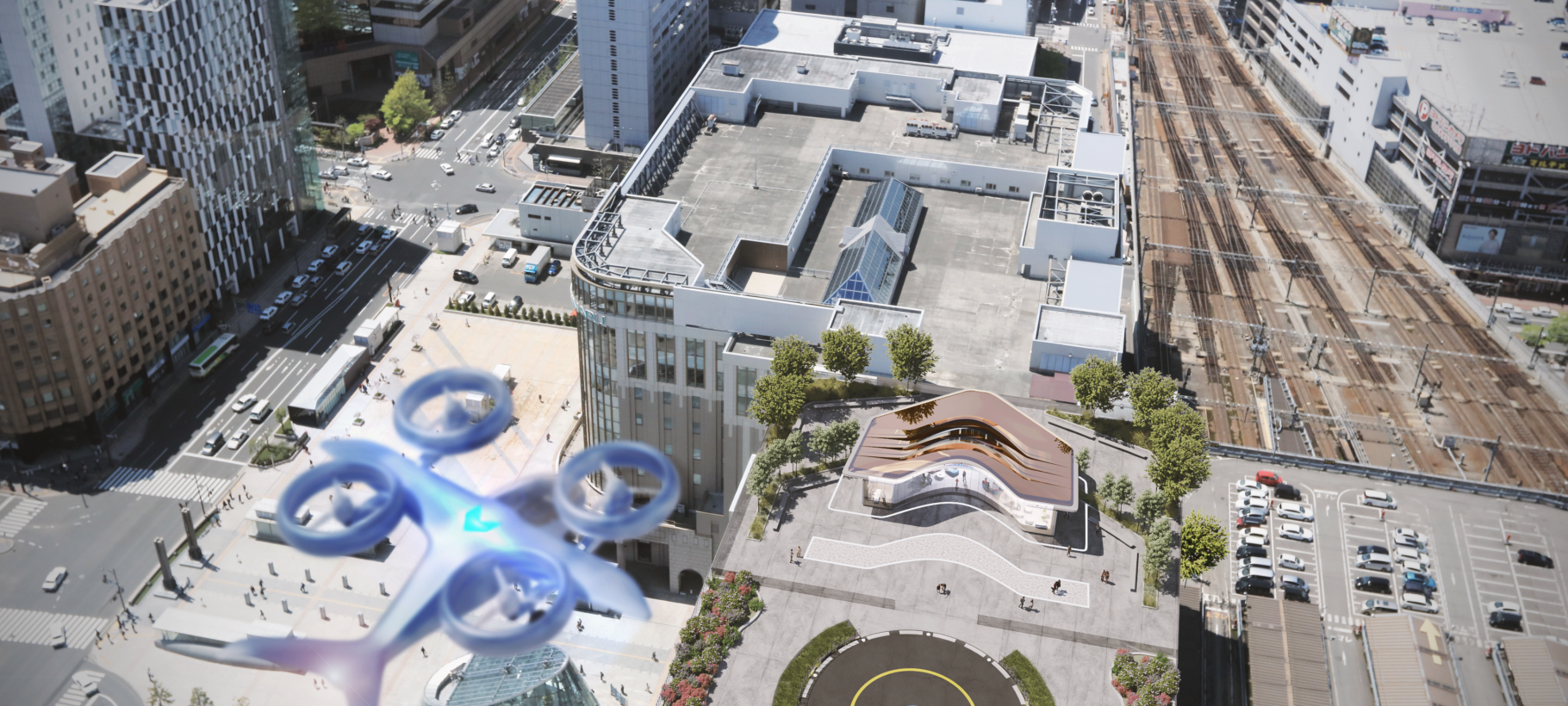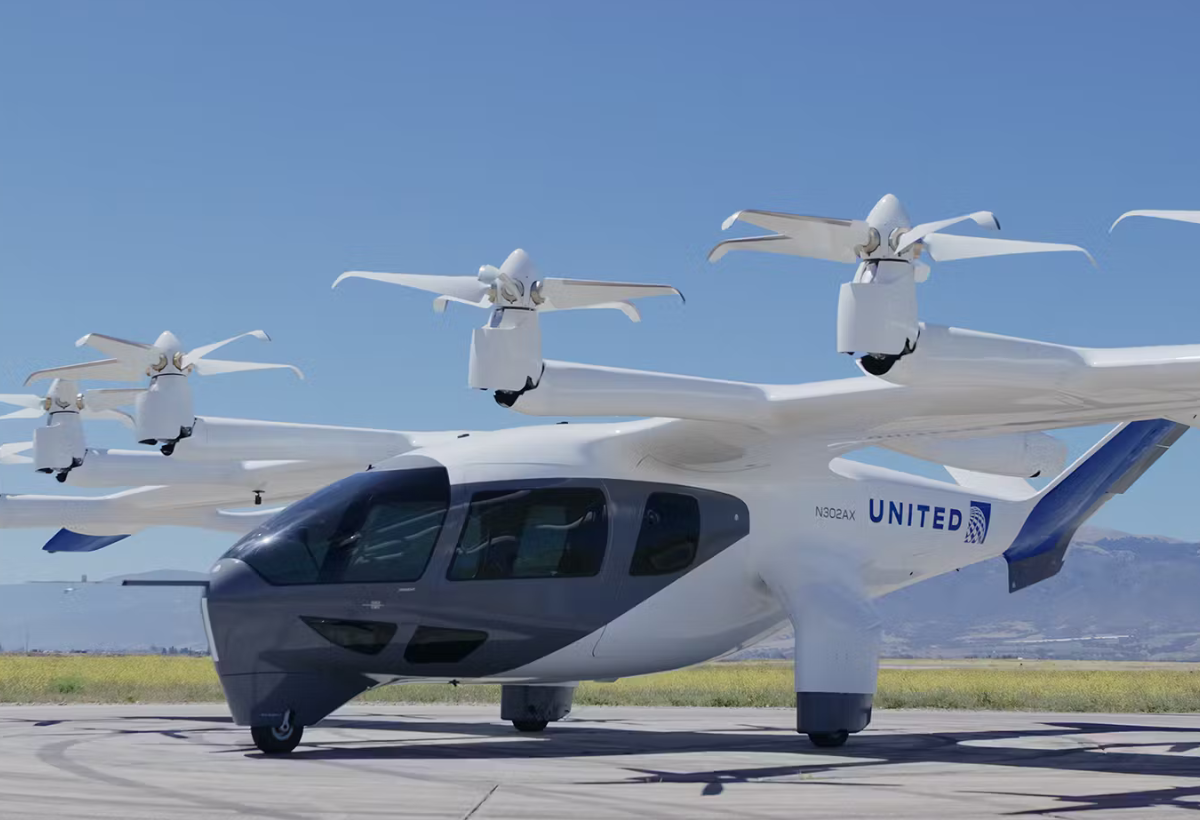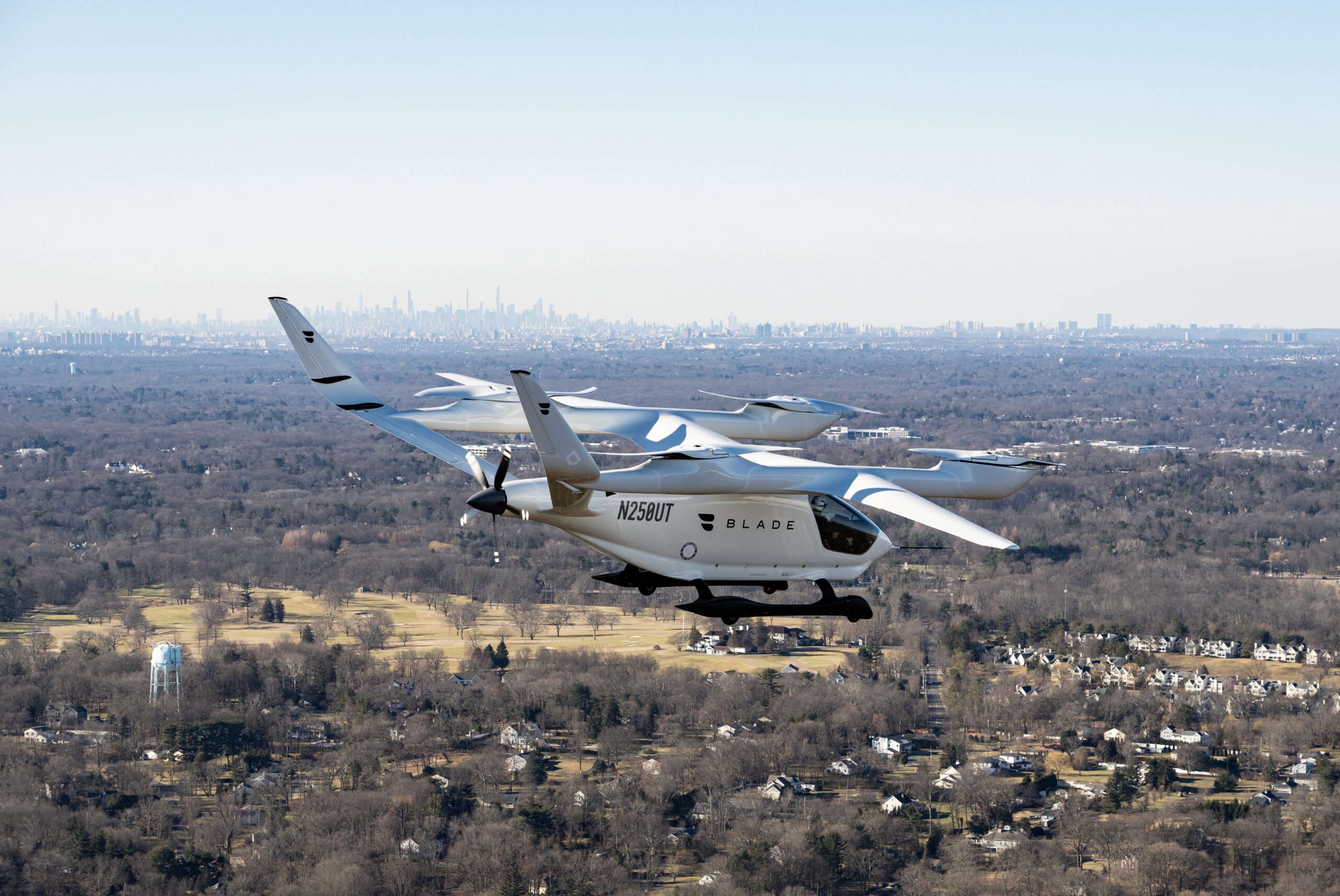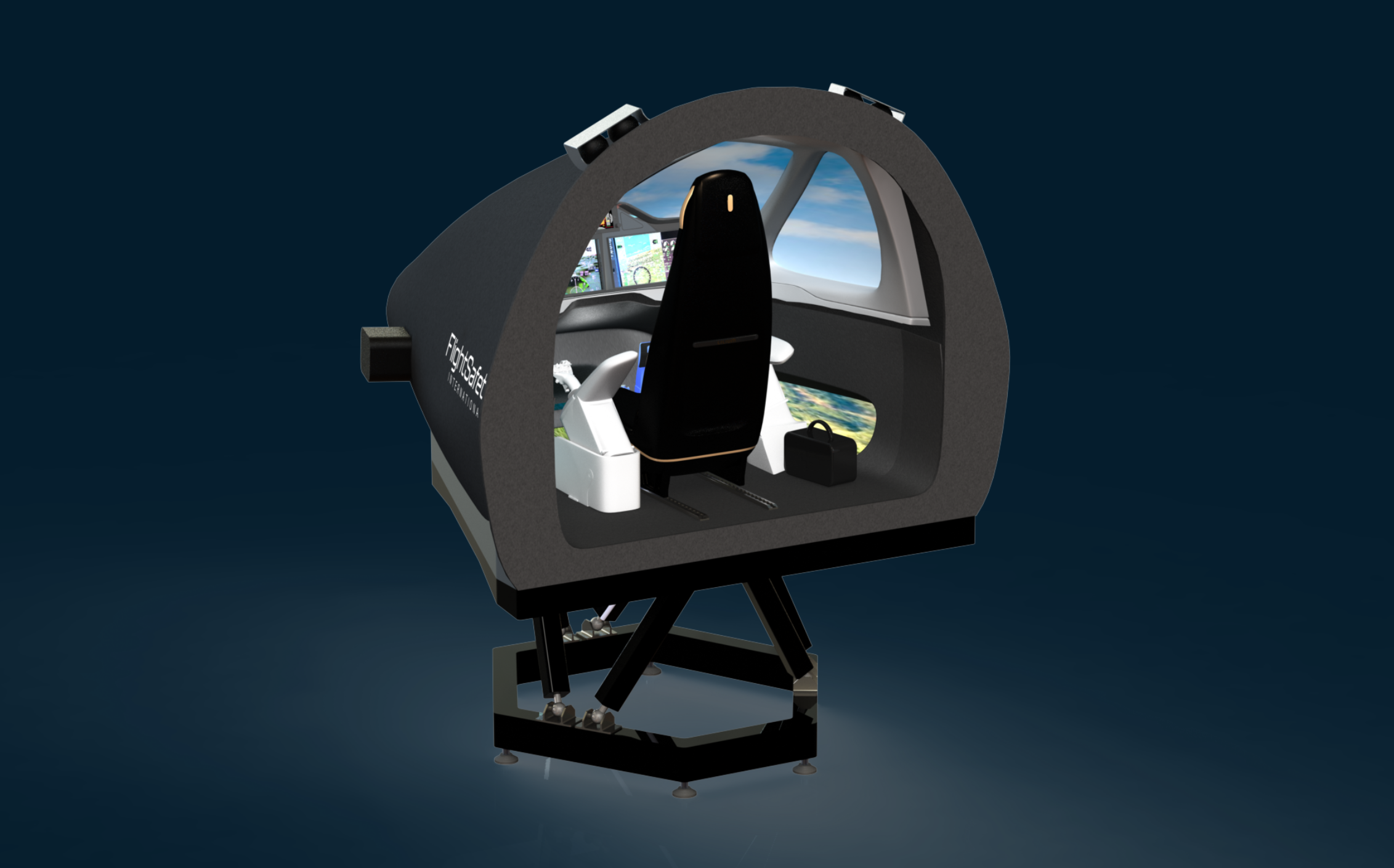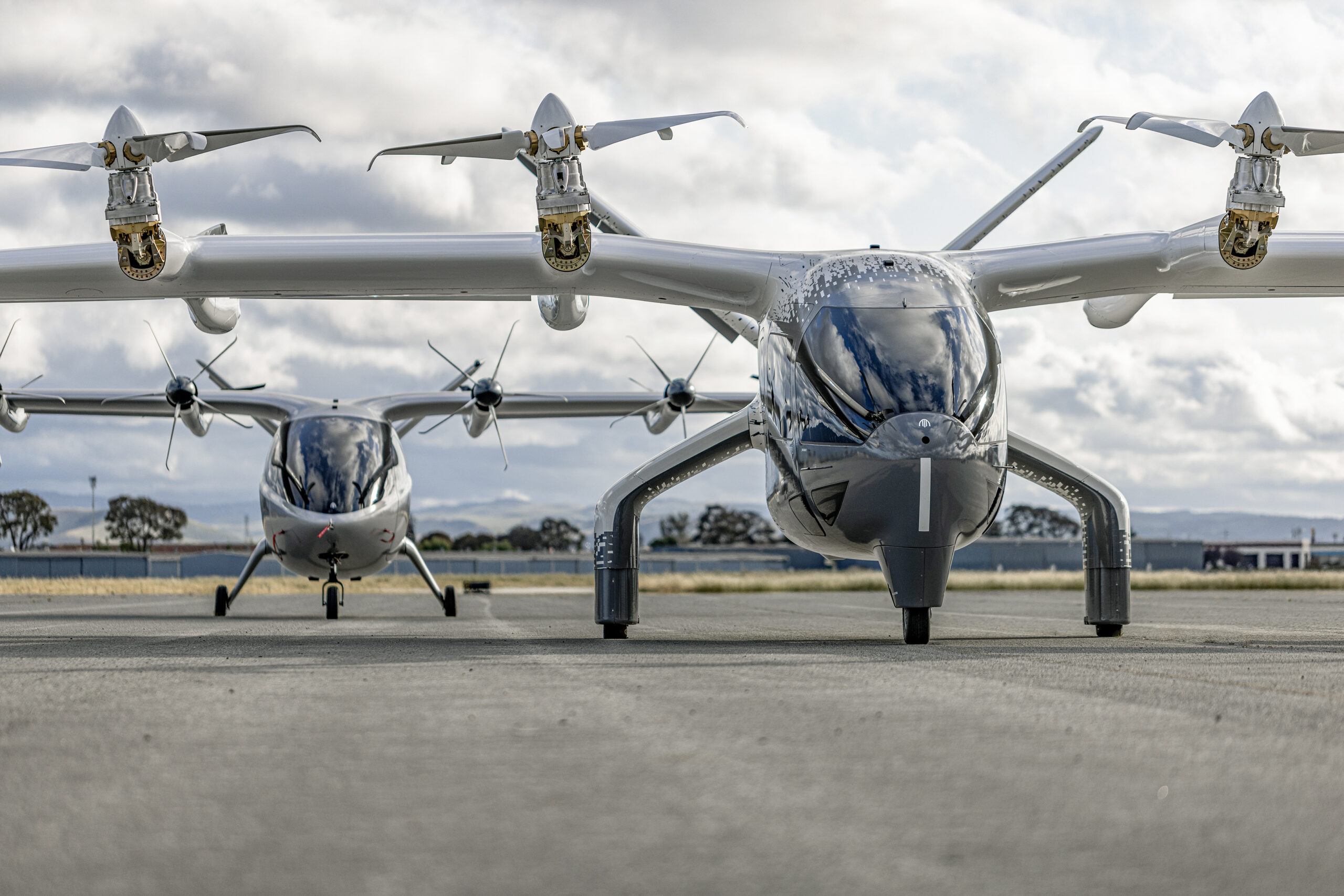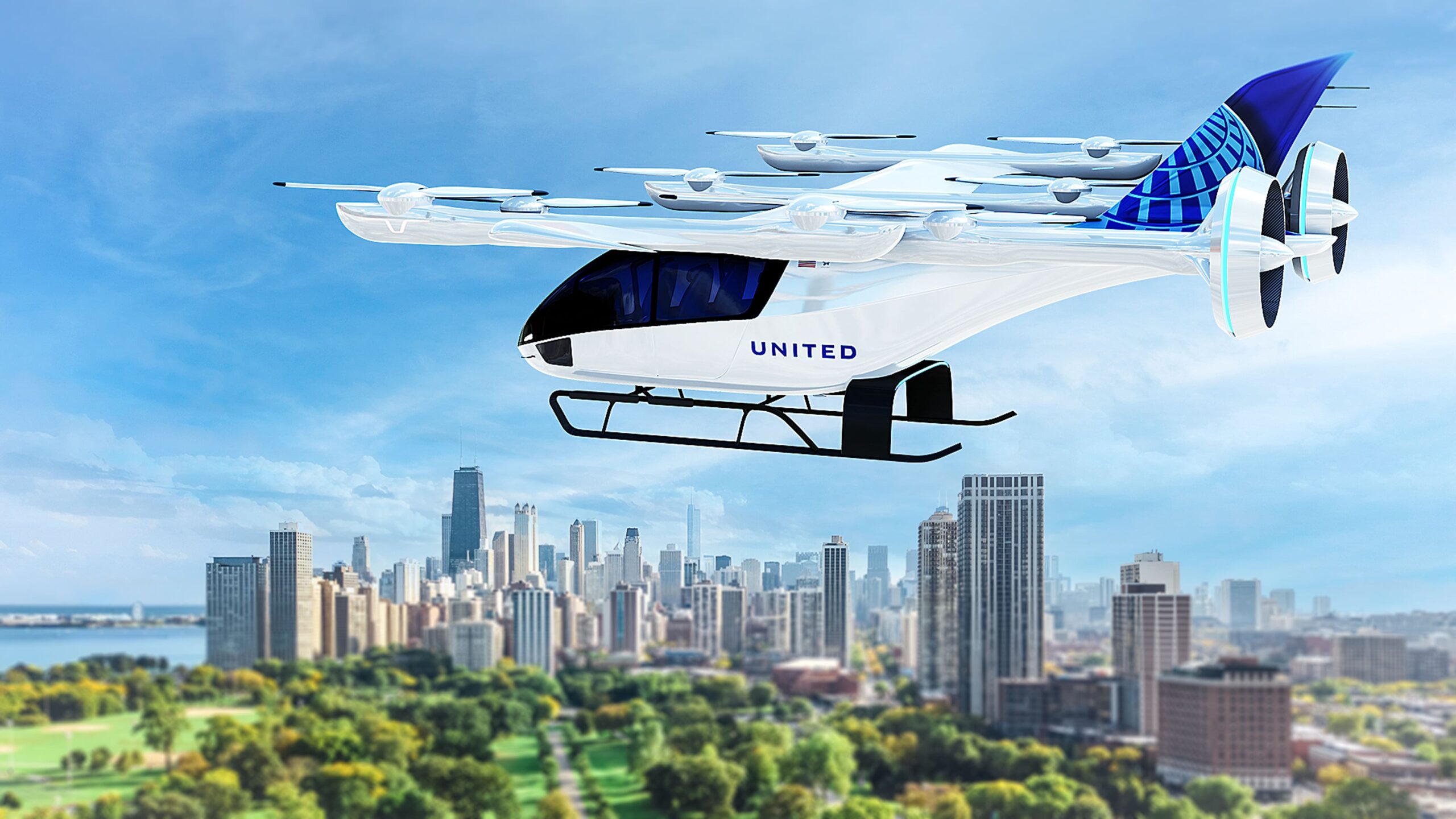Researchers in the Aeroacoustics research team at the University of Bristol have experimentally measured the effects of the ground on propeller noise, revealing that electric vertical take-off and landing (eVTOL) aircraft may cause significant noise pollution.
In findings published in the Journal of Sound and Vibration, the team found clear differences in the noise characteristics of eVTOL propellers when operating close to the ground. In particular, they recorded a clear increase in noise just above landing pads and rooftops.
This impact has been named the ‘ground effect’ and is affected by hydrodynamic and acoustic interactions.
This research is particularly noteworthy for the urban air mobility industry as the propellers used by eVTOL aircraft are smaller than helicopters and rotate at higher speeds, meaning their noise characteristics will differ from existing knowledge and expectations.
It is now hoped that the research will inform strategies to reduce the noise of aircraft while taking off or landing by either changing the design of the landing pads or the design of the proposed aircraft.
Indeed, if urban air services such as eVTOL air taxis start operating within city limits, it will be necessary for engineers to overcome the issue of noise pollution from their propellers.
Lead Author Liam Hanson of Bristol Department of Mechanical Engineering said:Until now, no literature existed for the problem of isolated propeller noise in ground effect.
Our research sought to answer for the first time what happens to propeller noise while it operates in ground effect and what are the key acoustic and aerodynamic interactions which are most important to understand.
For the first time, we have comprehensively measured the noise of small-scale propellers during take-off and landing while interacting with the ground. It is clear we can expect louder eVTOL aircraft during take-off and landing if the complex interactions with the ground are not considered.
Based on the team’s new understanding of propeller noise, researchers are now conducting additional tests on methods to reduce the noise of the entire system.

